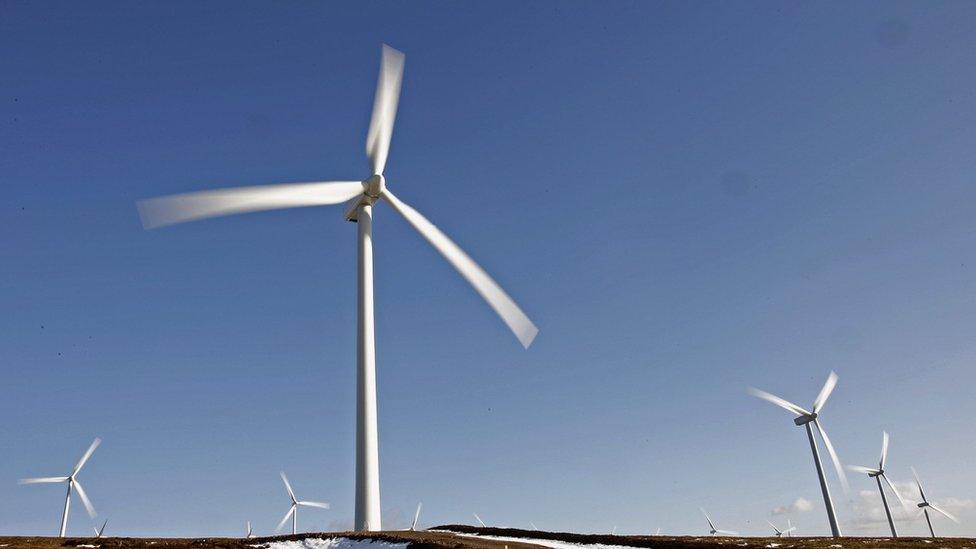Campaigners call for new renewable energy targets for Scotland
- Published
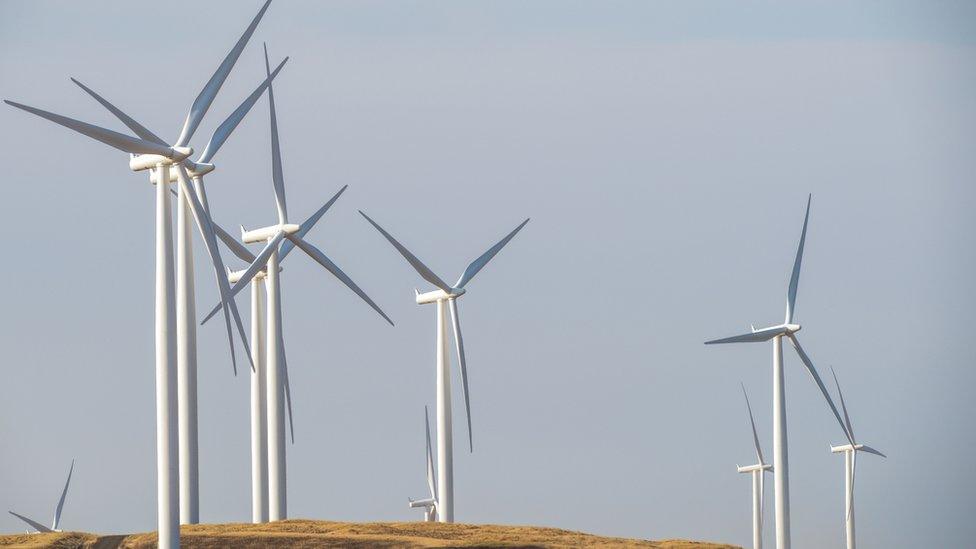
Conservationists and the green energy industry are demanding the Scottish government sets a new target to ensure half the country's power comes from renewables by 2030.
WWF Scotland and trade body Scottish Renewables made the call following what they believe has been a "landmark" year for Scottish renewable energy.
Scotland is "blazing a trail for pollution-free power", they said.
The government said it exceeded its 50% renewable electricity target for 2015.
A spokesman added that the government's long-term vision for the future of energy in Scotland would be published in the new year.
'Achievable target'
WWF Scotland director Lang Banks said: "2016 was without doubt a landmark year for renewables in Scotland, with several world firsts achieved, new records set, and amazing innovation shown.
"With almost three-fifths of our electricity needs now being met from renewable sources, Scotland is truly blazing a trail globally for pollution-free power.
"However, following the ratification of the Paris climate agreement, we can and should go much further. Analysis has shown that a 50% renewables target for all our energy needs by 2030 is not only needed, but that it is achievable.
"Ministers should now make this a Scottish government target and bring in the policies needed in its forthcoming energy strategy."
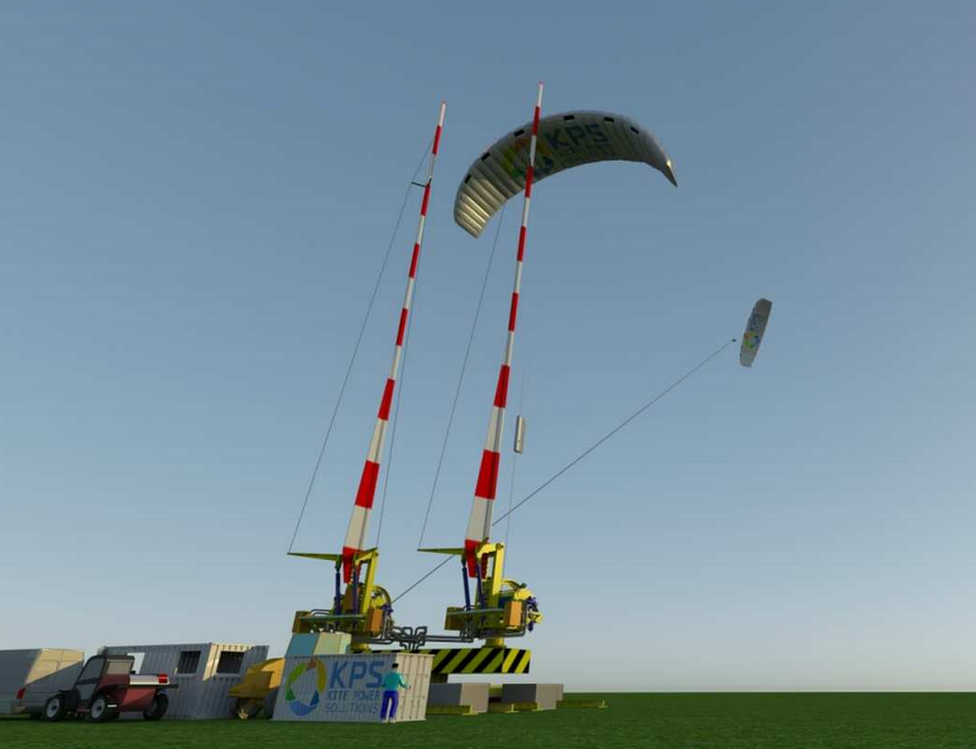
There are plans to develop a kite power station at West Freugh in Dumfries and Galloway
Among the milestone achievements in 2016 were:
The creation of the world's first fully-operational array of tidal power turbines off Shetland;
Wind turbines generated more electricity in a day, external than would cover Scotland's daily usage for the first time on record;
Pioneering plans for kite power stations and floating wind farms.
Jenny Hogan, director of policy at Scottish Renewables, echoed WWF Scotland's call, saying the new target would bring further economic and environmental benefits.
She said: "While renewables are now Scotland's leading source of electricity, we have only just begun to address the need to reduce the carbon emissions from our heat and transport sectors.
"The Scottish government's planned new energy strategy gives us a chance to make the radical changes required in both if we are to get anywhere close to meeting our future climate change targets."
Fuel poverty
Scottish Greens' energy spokesman Mark Ruskell said the proposed target "must feature" in the new energy strategy.
He said: "This call will increase the pressure not just on the Scottish government but on other opposition parties to match the Scottish Greens' ambition.
"Earlier this month other parties voted down or abstained on our proposal to set a target of Scotland producing half of all the energy it consumes from clean, renewable sources.
"We can see the support for this target is growing. It would create more jobs, reduce climate change emissions and air pollution, and cut fuel poverty."
Low-carbon economy
Energy minister Paul Wheelhouse said: "The Scottish government's support for renewable energy has been a key factor in the remarkable progress the country has made so far through substantially increasing the supply of low-carbon electricity and generating sustainable economic growth.
"Latest statistics show that 59.4% of gross electricity consumption was met by renewable sources in Scotland in 2015 - up by almost 10% in a year. This means that we exceeded our 50% renewable electricity target for 2015.
"In the new year we will publish a draft energy strategy, alongside our draft climate change plan, which will outline a long-term vision for the future of energy in Scotland.
"The strategy will consider energy supply and consumption as equal priorities and demonstrate how to facilitate and capitalise on the transition to a low-carbon economy, securing the social and economic benefits for the people and businesses of Scotland."
- Published13 December 2016

- Published16 November 2016
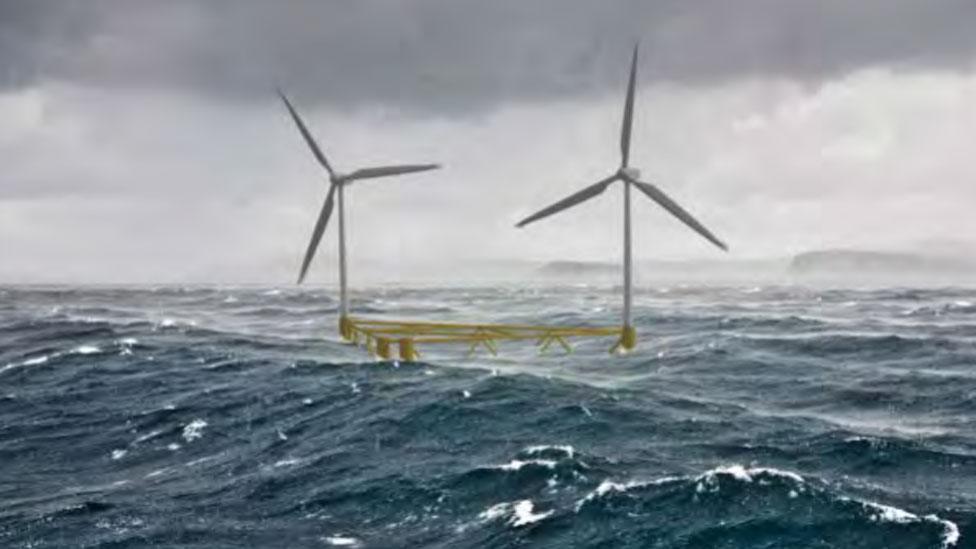
- Published10 October 2016
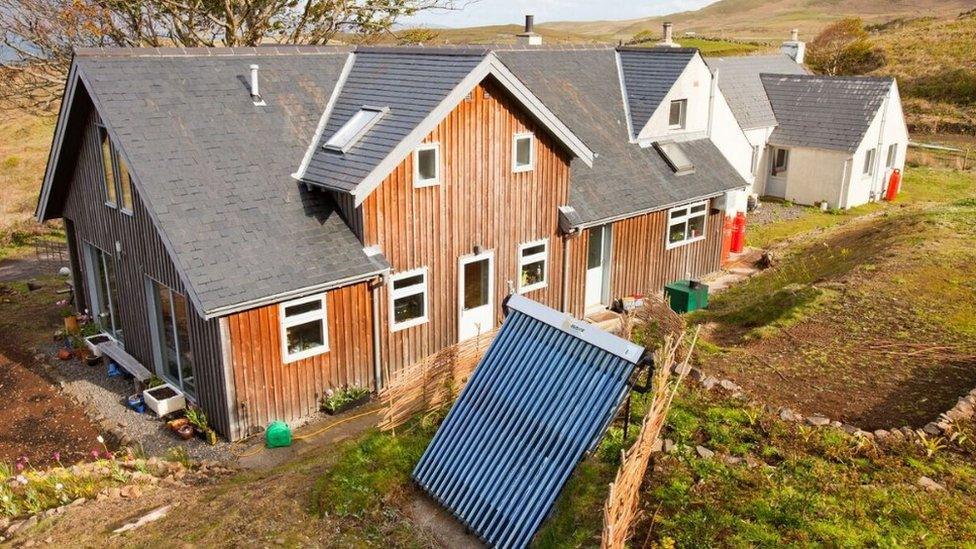
- Published5 October 2016
